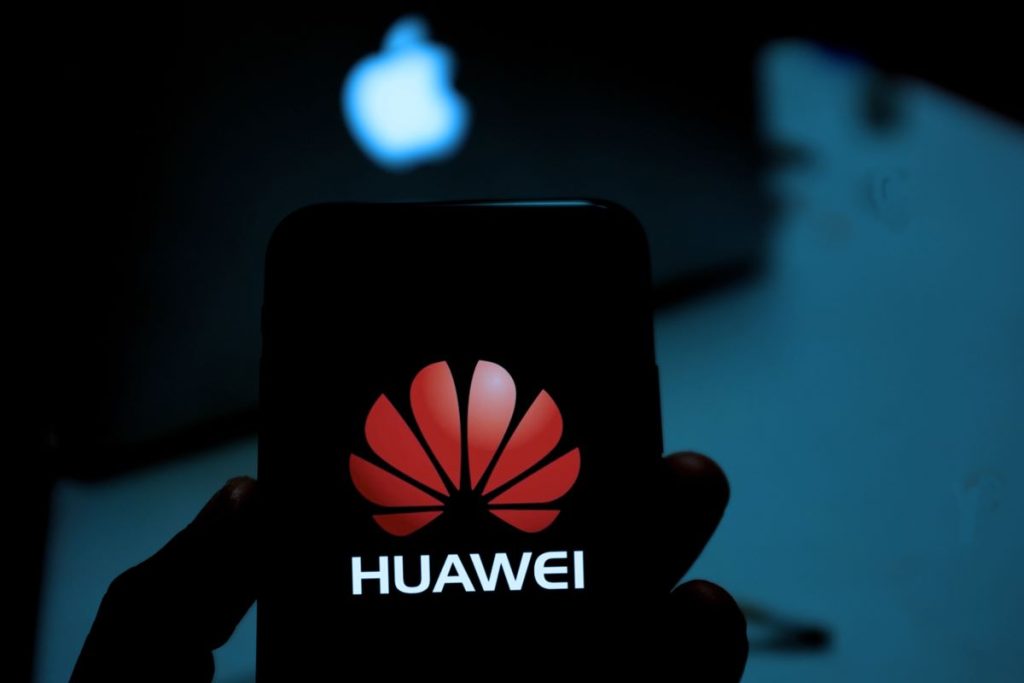
On Monday, September 9, 2024, Apple unveiled the highly anticipated iPhone 16, flaunting enhanced abilities courtesy of its new AI along with Chinese criticism and Huawei threat
Apple’s latest iPhone 16 launch has met with criticism in China amongst Chinese users, where consumers and tech enthusiasts are voicing disappointment over the lack of artificial intelligence (AI) features. That reception presents a tough challenge for Apple, which is fighting increasing competition from local giant Huawei threat in the world’s biggest smartphone market.
Yet, there was no word on a partnership with an AI ally in China, and it also revealed that the Apple AI software, called Apple Intelligence, wouldn’t be offered in Chinese until next year. That delay has provoked debates across Chinese social media platforms, most notably on Weibo-a Chinese social media platform often referred to as China’s X, formerly known as Twitter-where three of the top ten trending topics on Tuesday involved discussions of the iPhone 16 launch and its AI capabilities.
Social Media Backlash and Consumer Reactions
The Chinese consumers are furious, flooding the social media site Weibo with complaints. One hashtag translates to “iPhone 16 Chinese version doesn’t support AI yet” and was viewed over 11 million times with thousands of comments. “What’s the point of buying it if you can’t use AI?” asked one user. Another said, “Without AI as the biggest selling point, it should be half price.”
Pricing for the iPhone 16 and 16 Plus models will be the same as their predecessors from Apple. The company, struggling against strict governmental controls on foreign-branded phones as well as ruthless aggressive pricing by domestic brands, cut prices in China earlier this year. Weibo users quickly seized upon Apple’s launch to unfavorably compare it against Huawei’s three-way foldable smartphone next month, underlining the increasing popularity of the local brand. “Whether iPhone 16 has AI or not doesn’t affect me, because I’m going to buy Huawei’s tri-fold phone,” one user commented, reflecting a growing interest in Huawei’s latest models and security threat notification.
Analysts Weigh in On Apple’s AI Strategy
The lack of AI capabilities in the new iPhone 16 does not seem to affect sales for now, according to analysts, but it may hurt Apple later on. “Chinese consumers are not yet driven to upgrade by AI capabilities,” said Toby Zhu of Canalys. “However, over the longer term, as domestic brands position AI as key differentiator for their flagships, it will negatively affect Apple.”
Zhu said if Apple wants to be competitive, first of all, it has to localize products and build up a whole ecosystem of AI applications and services in China as soon as possible. Meanwhile, IDC analyst Will Wong thinks that even without AI, strong sales can be generated by the powerful operating system and customer loyalty. “The key competitive advantage of Apple is strong customer stickiness. Thus, replacement needs by users of the iPhone 11, 12, or 13 series could still support the sales of Apple in the absence of AI,” Wong said, “It’s still too early to say who will win.”
Pre-orders in China for the iPhone 16 start on Friday, September 13, 2024, with deliveries slated for September 20 from online retailers like JD.com. As Apple and the Huawei threat jostle for market prominence, what seems to be particular stress on AI and innovation could become vital in setting the future of the two giants in China.
Inside Telecom provides you with an extensive list of content covering all aspects of the tech industry. Keep an eye on our Tech sections to stay informed and up-to-date with our daily articles.